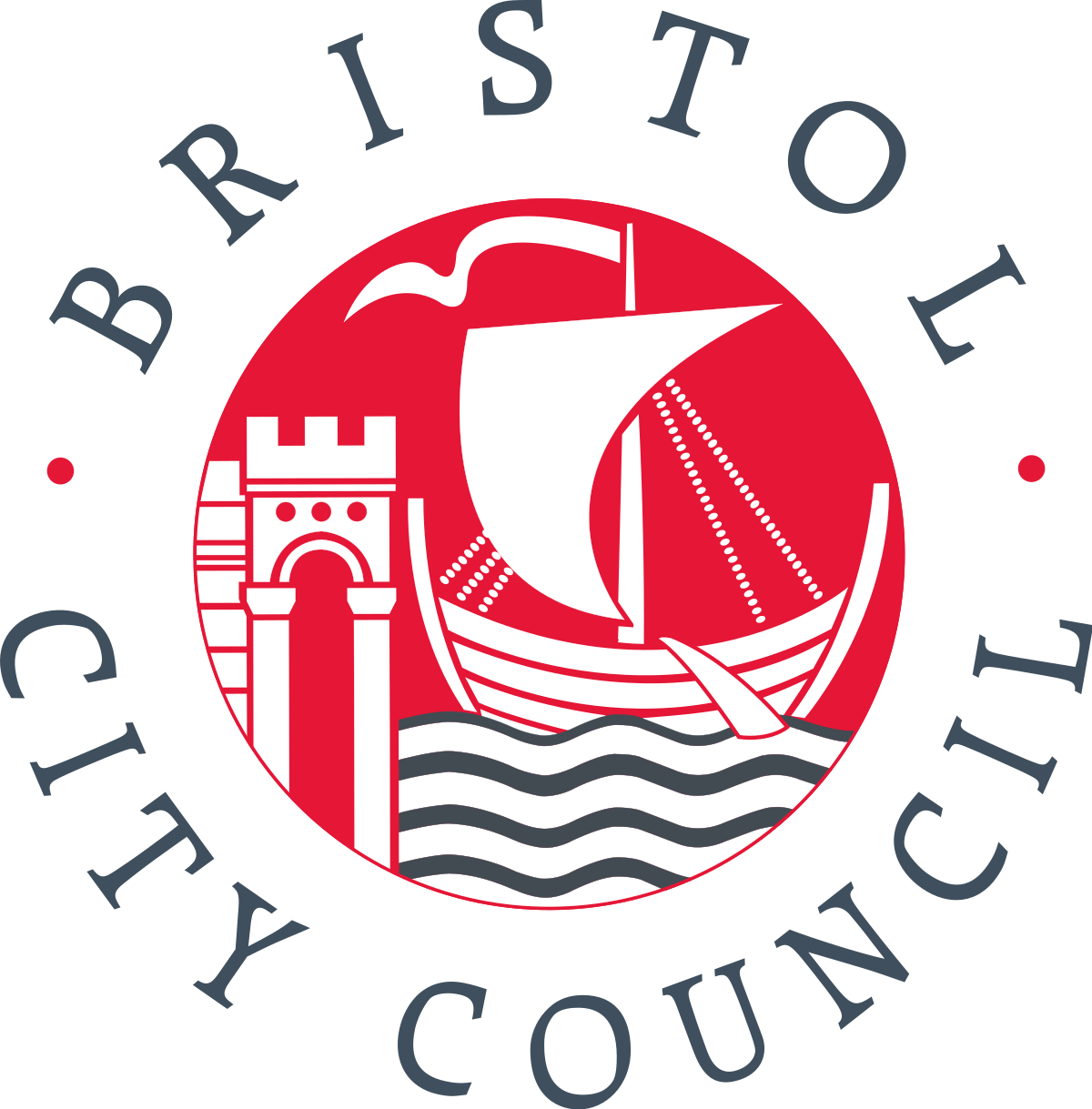The International Diabetes Federation has revealed that 1 in 10 adults worldwide currently live with diabetes, with over 90% of these having type 2 diabetes.
Although there are now a number of ways to check your risk for type 2 diabetes, it is believed there is still an estimated 850,000 people in the UK who have undiagnosed type 2 diabetes.
With diabetes rates on the rise (it’s predicted that 1.3 billion people worldwide will have diabetes by 2050), it’s never been more important that we take preventative actions to reduce our risk. Luckily for us, in many cases type 2 diabetes can be delayed or prevented by making some simple changes to your lifestyle.
Stub out that smoking habit
Add ‘can increase risk of type 2 diabetes’ to your list of why smoking is bad for you.
According to the Surgeon General’s Report, the chemicals in cigarettes cause harm to your body’s cells and can interfere with their normal function which may decrease their effectiveness of insulin.
We currently offer 12 weeks of FREE one-to-one stop smoking support, plus stop smoking aids like nicotine patches and gum to help you quit for good. Click here to find your nearest service.
Sit less, move more
Exercise not only helps us maintain a healthy weight and mind, but can also lower blood-sugar levels as it helps your body to use insulin more effectively. This doesn’t mean you need to rush to the gym or endure a gruelling HIIT workout, just high levels of everyday activity like walking and housework is enough to break a sweat.
To stay healthy, the NHS website recommends adults should try to aim to do at least 150 minutes of physical activity a week.
Eat well, feel well
One of the most effective ways of reducing your risk of developing type 2 diabetes is through changing your diet. But, what does eating ‘well’ or ‘healthy’ actually mean? Eating well consists of having a balanced diet which includes a mix of all food groups:
- Fruits and vegetables
- Wholegrains (brown rice, wholemeal bread)
- Protein (fish, chicken, eggs, Greek yoghurt, nuts)
- Fibre (beans, lentils, wholemeal bread, fruit and veg)
- Dairy and dairy-free alternatives (milk, cheese, yoghurt
- Oils and fats (oily fish like salmon and mackerel, walnuts, peanut butter, chia seeds)
You can view our Eatwell guide here to help you know what and how much to eat to achieve a healthy and balanced diet to support your health.
Stuck for some balanced meal inspiration? Click here to find a recipe that suits you.
Get an NHS Health Check
An NHS Health Check is a free check-up delivered locally by our health professionals and is designed to spot the early signs of type 2 diabetes, stroke, kidney disease, heart disease and dementia.
During your ‘Health MOT’, you’ll be asked some lifestyle questions and a health professional will do some simple tests. It only takes 20-30 minutes of your time where they will check your blood pressure, height, weight, BMI (a measure of whether you are a healthy weight), HbA1C levels (blood glucose level) and cholesterol. Depending on your results, our health professionals can then support you to make the simple changes needed to lower your risk of these health conditions.
To be eligible for an NHS Health Check, you must be aged between 40-74, don’t have a pre-existing health condition and haven’t had an NHS Health Check in the last 5 years.
Want to check if you’re at risk of type 2 diabetes? Click here to know your risk of type 2 diabetes in just a few minutes.


